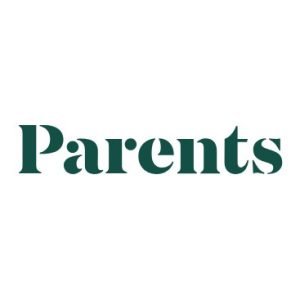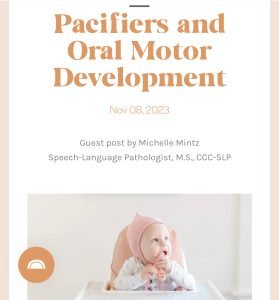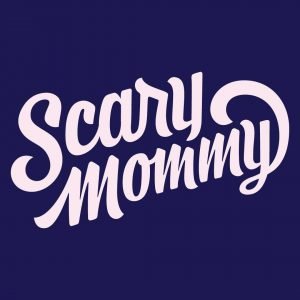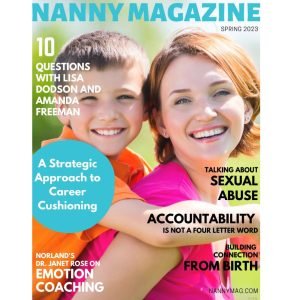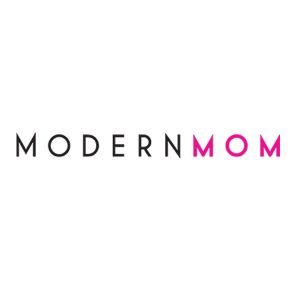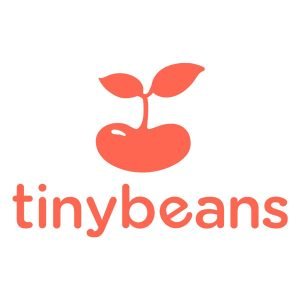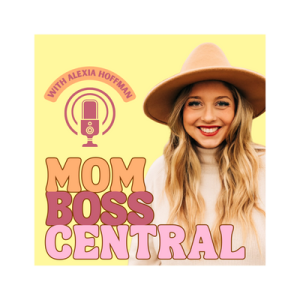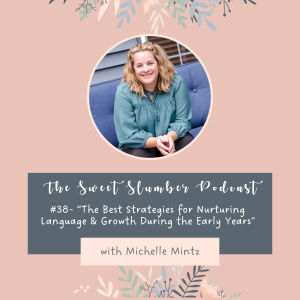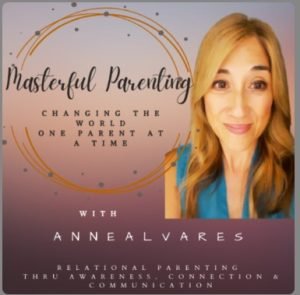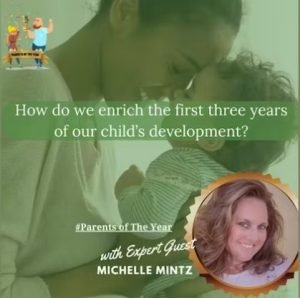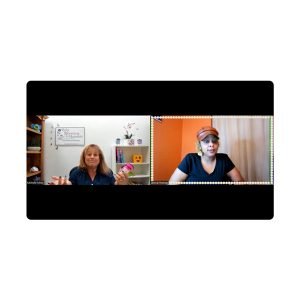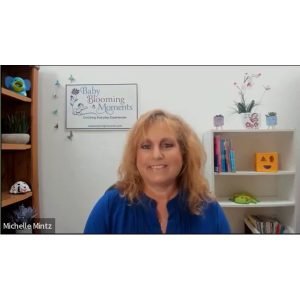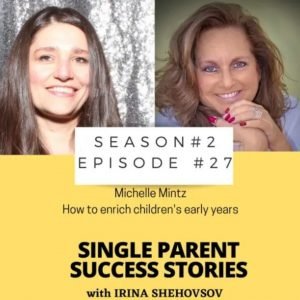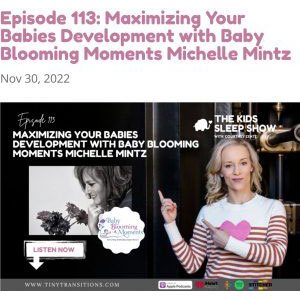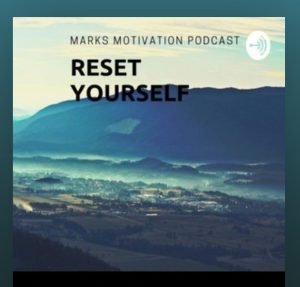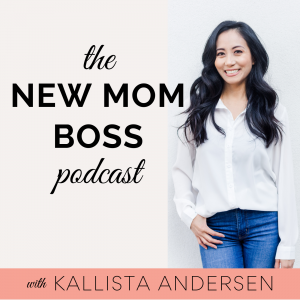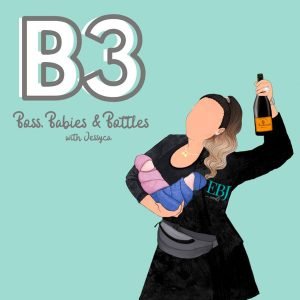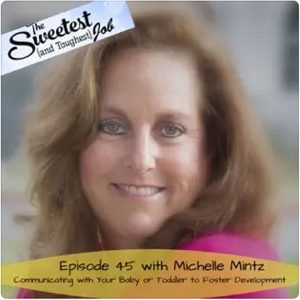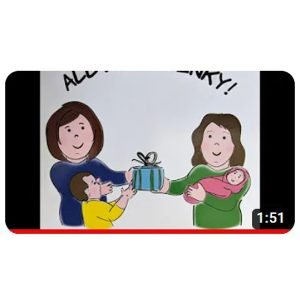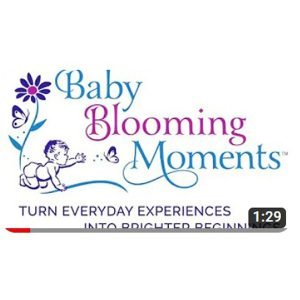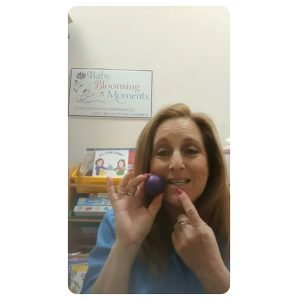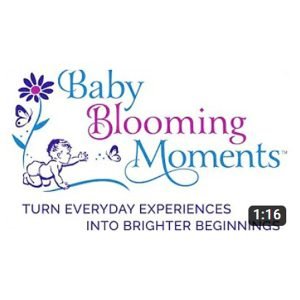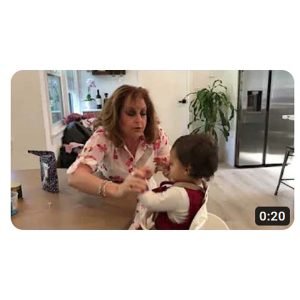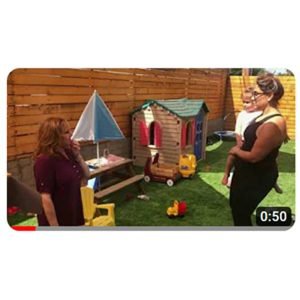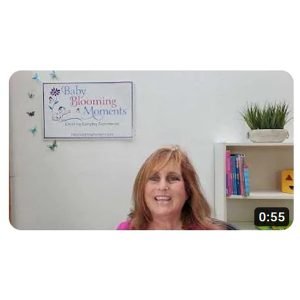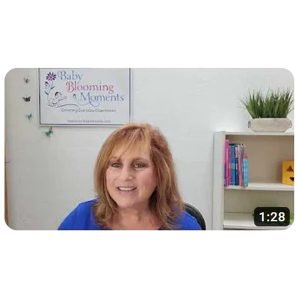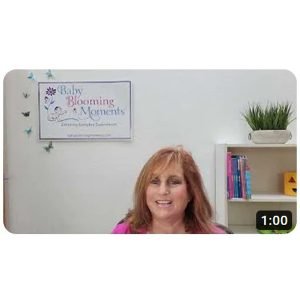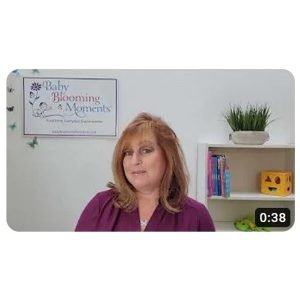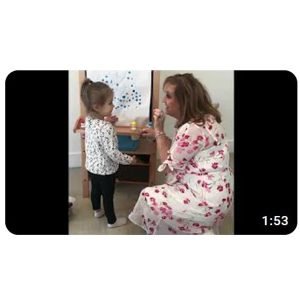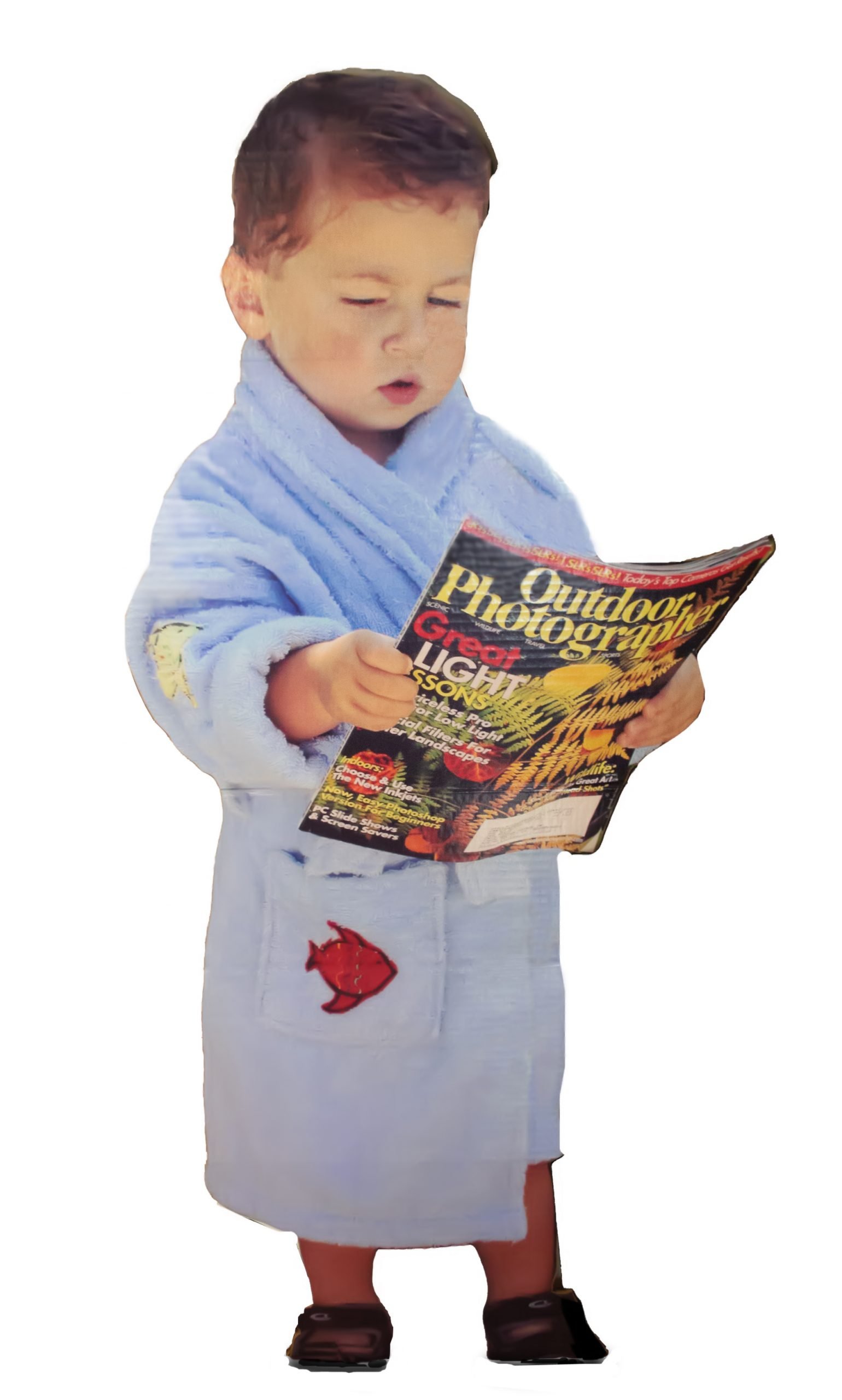Featured
Publications
Interviews & Podcasts
Videos
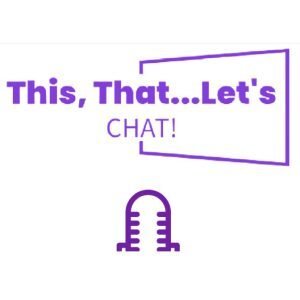
This, That... Let's Chat!
About
Join us on 'This, That...Let's Chat!', a lively podcast with hosts Audrey Nesbitt, Michelle Mintz, and Stephanie Mintz. Experience a spectrum of discussions on life, family, kids, and relationships, all with a dash of humor and wisdom.
Audrey, a restaurateur and comic, adds a humorous spin to every topic, blending laughter with entrepreneurial insight.
Michelle Mintz, M.S., CCC-SLP, renowned as The Early Development Expert, shares her 25 years of experience as a Speech-Language Pathologist, offering practical strategies for child development. Stephanie Mintz, M.A., LMFT, known as The Strategic Relationship Consultant™, brings her expertise in relationship dynamics, providing tailored advice for romance and partnership. Dive into our adventures exploring life's multifaceted experiences!
Links
Channel details
| www.youtube.com/@thisthatletschat |
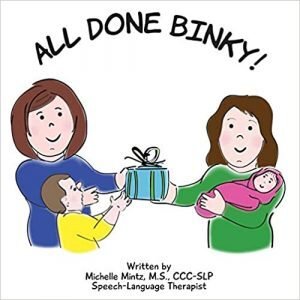
All Done Binky!
My Children's Book,
All Done Binky!
It is important for a child to stop using their pacifier at a very young age in order to help develop proper speech and language skills. Parents have reported an increase in verbal language when their child completely stopped using their pacifier. This book helps parents and children learn how to wean off the pacifier.
The story shows the steps involved beginning with removing it from outside the house, then not using inside the house during activities and finally eliminating it from the bed. The bright colors and simple words are exciting and relatable to young children who will want you to read it to them over and over again!
All Done Binky!
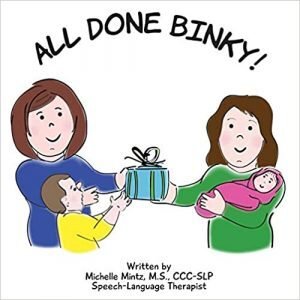
My Children's Book,
All Done Binky!
It is important for a child to stop using their pacifier at a very young age in order to help develop proper speech and language skills. Parents have reported an increase in verbal language when their child completely stopped using their pacifier. This book helps parents and children learn how to wean off the pacifier.
The story shows the steps involved beginning with removing it from outside the house, then not using inside the house during activities and finally eliminating it from the bed. The bright colors and simple words are exciting and relatable to young children who will want you to read it to them over and over again!
Past Publications
- (2008, March). Learning the importance of communicating effectively with your child from birth to five. The Santa Monica Star, VIII(3), 10
- (2008, January). Communication has to start early. Santa Monica Daily Press, 7(67), 5
- (2007, December). Communicating with children. The importance of the first five years. Advance for Speech Language Pathologist and Audiologist, 17(51), 16
- (2007, December). Communicating with your young children. Pediatrics for Parents, 23(12), 5
- (2001, April). Oak Park class offers special language skills for teaching baby. Thousand Oaks Star
- (2001, June-August). A workshop to maximize your baby’s potential. Oak Park Recreation and Park News, 12(3), 1, 16











